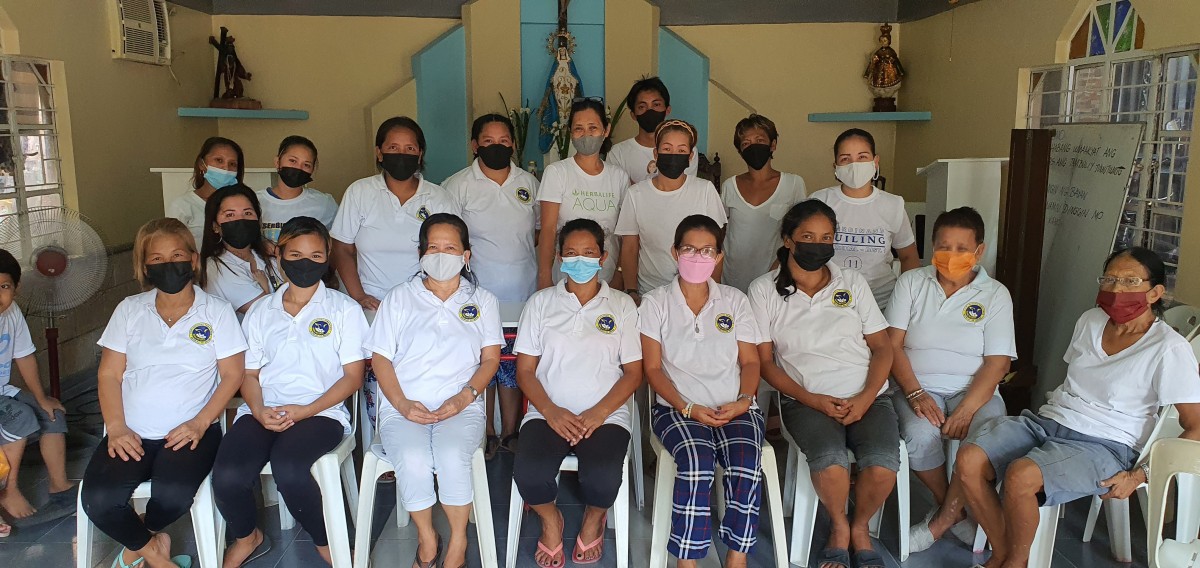In December, Reuters released an investigative report, “Helpless & Hooked.” It alleges that the failure of physicians and hospitals to consistently report women who used drugs while pregnant (including those who used drugs prescribed by physicians) and the failure of child welfare systems to intervene in such cases directly or indirectly contributed to the preventable deaths of 110 infants nationwide.
National Advocates for Pregnant Women (NAPW) recognizes that every infant death is a grave loss. We also recognize, however, how much harm has been done to American families in the name of protecting children. This Reuters series is the latest in a long line of journalistic reports that perpetuate stigma.
This article was first published by Natonal Advocates for Pregnant Women. You can read the original here.
This sensationalist report trades in the thoroughly debunked narratives and images of the "crack baby era.” This is an old narrative with an updated epidemic: opioid abuse created by overprescription of the powerful drugs. We now know that the generation of "crack babies" — predicted to have lifelong health and developmental problems due to maternal drug use — never materialized. The opening image of the baby with severe tremors is a classic image of the crack years, and it is now doing dangerous work here. It convinces readers that seeing is believing. But in this series, readers don’t get to hear from the best experts who would point out that any number of conditions — psychiatric medication withdrawal, low blood sugar, infection or lack of oxygen to the brain at birth — can also cause severe tremors in newborns. In the case of neonatal withdrawal from opiates, these symptoms are treatable and transitory.
Notably, the Reuters series engages very little with the scientific and public health consensus that drug use should not be considered an automatic marker that a woman is unfit to parent. Nor does it report about the best practices of caring for infants with neonatal abstinence syndrome (NAS or the scientific term for infant withdrawal). Evidence from leading treatment programs demonstrates that being held and, when possible, breastfed by mothers decrease the severity and duration of infant withdrawal symptoms.
Furthermore, the piece makes the troubling assumption that greater involvement of child protective services will result in less child abuse or healthier families. But for mothers who use any amount of certain drugs or receive methadone treatment, a report to child welfare institutions is often no different than a call to police. For children in those households, a positive drug test is often a passport to a foster care system that is overburdened and itself not immune to child abuse accusations. There's little evidence to suggest that such interventions result in better outcomes. In fact, research suggests it's quite the opposite: that pregnant or parenting women who fear a positive drug screen and resulting child abuse charges will avoid prenatal care.
The opinions and experience of well-qualified physicians and researchers caution us about the dangers of making firm causal connections in complex cases involving drug use and child well-being. Doctors and clinicians who regularly treat infants with NAS warn against simple formulas that focus on one possible causal factor over others. For example, many of the deaths in the series are sleep-related deaths — which are not well-understood, happen in households where parents are not drug users, and have been tied to tobacco exposure and sleep position, among other factors.
We do know this: Issues of drug treatment and infant mortality defy easy explanation. Correlation — and particularly selective correlation rooted in the bias of the “war on drugs” — can lead people to jump to dangerous conclusions. Conclusions are particularly hard to make with such a small number of cases, 110 in a sea of the about 90,000 NAS cases that the journalists have found in their research. That’s a fraction of 1 percent.
Issues of early child deaths are the life’s work of some physicians and researchers. At minimum, responsible reporting would address the considerable literature about sleep deaths in infants — and what we do and don't know about its causes.
At a time when the federal government is recognizing the need to remove barriers to methadone and other maintenance treatments for opioid dependency, the authors suggest that methadone treatment is a large part of the problem. Its opening lines equate methadone treatment with getting high, and the entire piece suggests that use of methadone as treatment — and failure to report this prescribed use — is a factor in these infant deaths. While there is potential for any controlled substance to be abused, methadone has helped many Americans. But, in the Reuters articles, ostensibly focused on solutions, there’s no way out for women who seek medication-assisted treatment.
It is popular to vilify pregnant and parenting women who use drugs. But popular narratives should not drive policy, as they have in the past. These “bad mothers” are frequent scapegoats in a nation that is itself addicted to punishment. It is also a nation that does far too little to ensure that its people have quality health care that includes standard and accessible maternal and prenatal care, drug treatment and mental health services.


